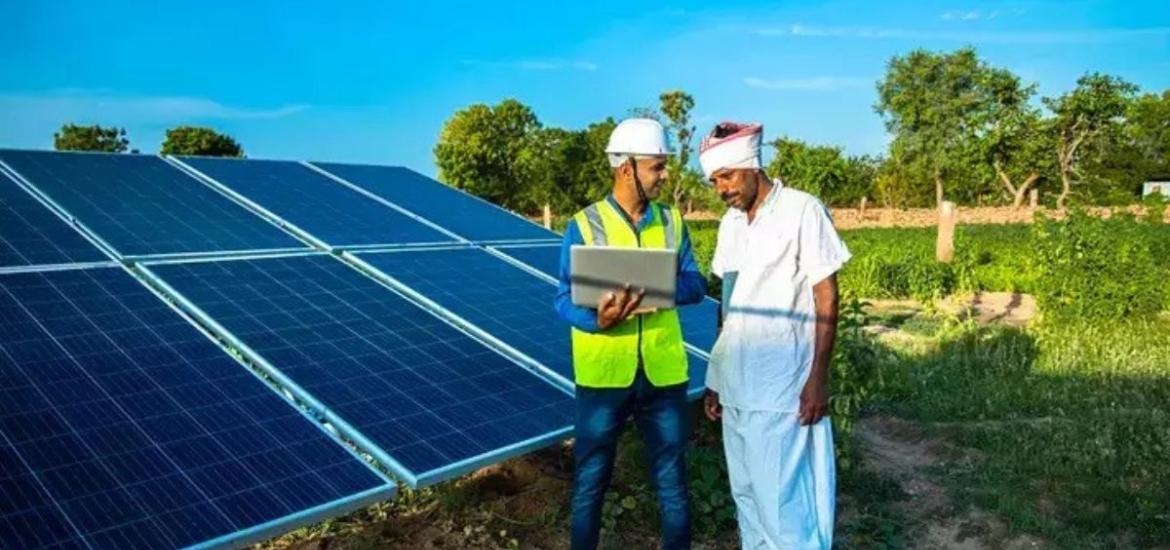Renewable energy as an integral part of India’s Energy Security: A critical appraisal

Renewable energy as an integral part of India’s Energy Security: A critical appraisal
As India's GDP demonstrates consistent year-on-year growth, reaching 6 to 7 percent, the nation's potential for sustained economic expansion is undeniable. However, this growth also brings with it a significant surge in energy demand, making energy security a crucial imperative. Separately, India has also committed to growing the renewable energy sector and achieving net-zero emissions by 2070, reflecting its dedication to combating climate change.
India can perceive these circumstances as challenges or as incentives to fast-track its journey towards net zero while simultaneously ensuring energy security. Presently, India holds a significant position as a global energy player in terms of production and consumption. The manner in which India balances its energy security with net-zero objectives and shapes its energy policy will have implications not only for India but will also have a global impact.
This piece was written by Kushagra Nandan, Co-founder, Managing Director & CEO, SunSource Energy
Read the full story: Economic Times
-u5kjnp.png)
